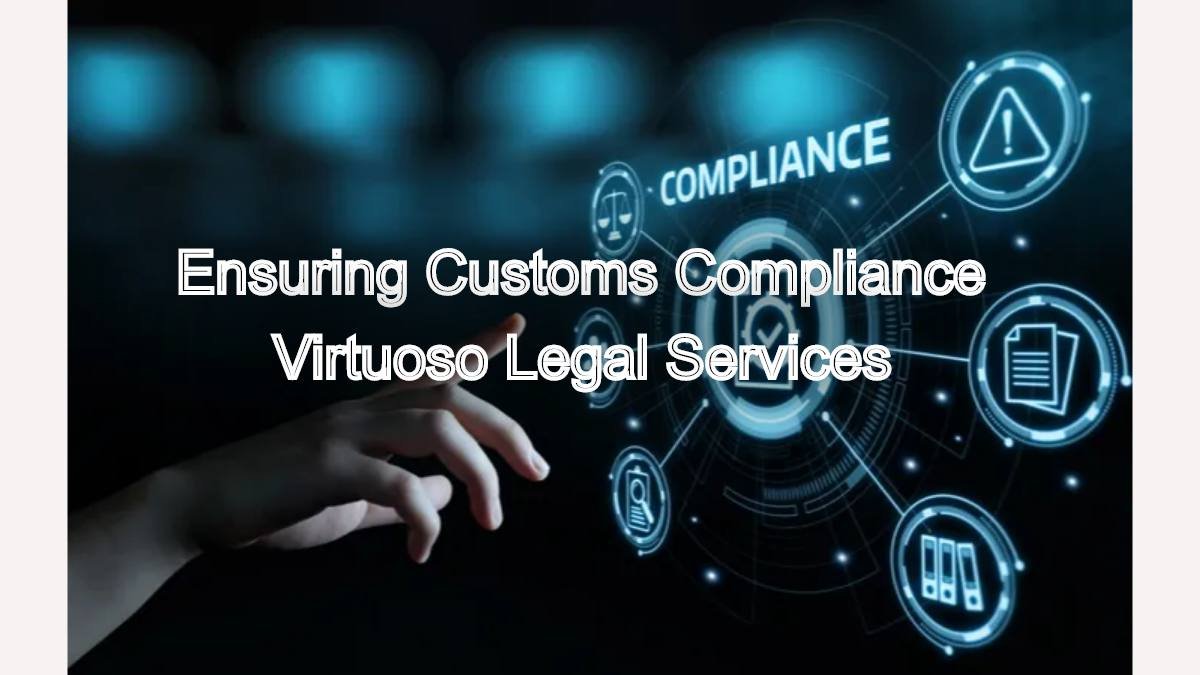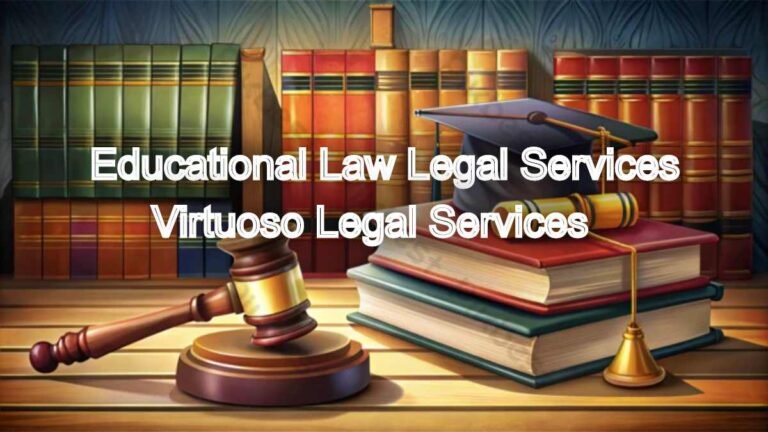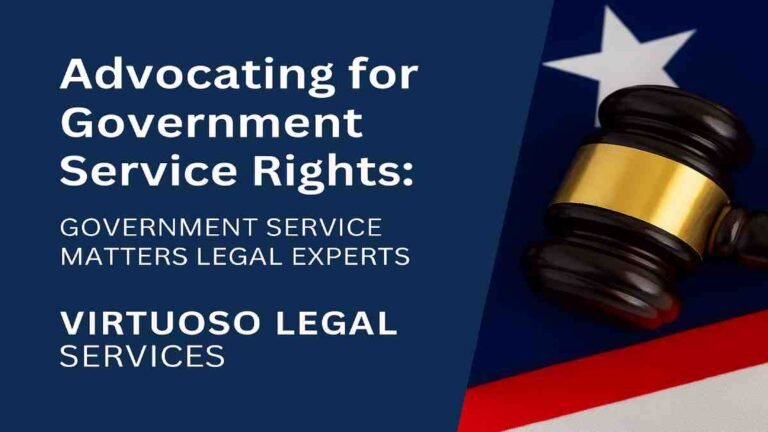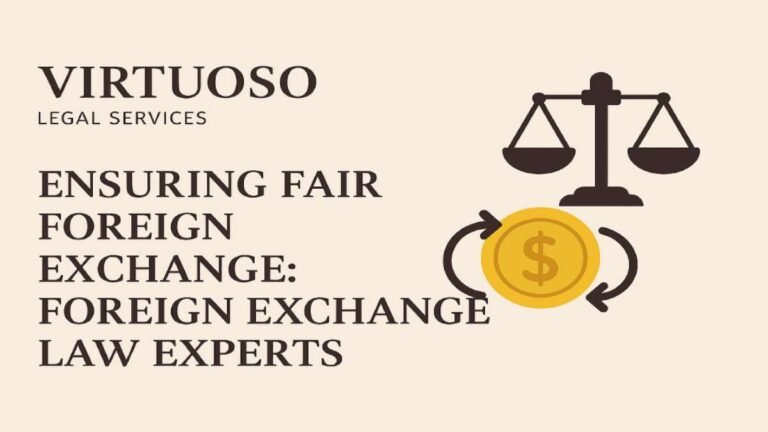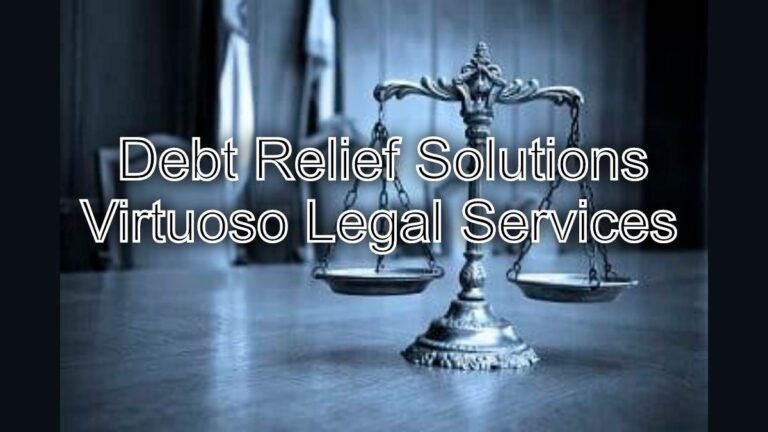Ensuring Customs Compliance: Customs Law Legal Opinions
Ensuring Customs Compliance: International trade presents a landscape of opportunities. Indeed, businesses constantly seek to expand across borders. However, this global reach comes with intricate legal responsibilities. Navigating complex customs regulations is paramount. Non-compliance can lead to severe penalties. It also causes significant financial losses. Furthermore, it results in reputational damage. Therefore, proactive measures are essential. Obtaining expert Customs Law Legal Opinions becomes a critical safeguard. These opinions provide clarity. They ensure adherence to complex legal frameworks. Virtuoso Legal Services, known for Expert Legal Solutions 24×7, offers comprehensive customs law opinions. We empower businesses. We help them achieve seamless and compliant international trade operations.
Ensuring Customs Compliance: Customs Law Legal Opinions: Virtuoso Legal Services
The Imperative of Customs Compliance
First, let us understand the absolute necessity of customs compliance. Every cross-border transaction falls under stringent regulatory scrutiny. This involves adherence to various statutes. Key among these are the Customs Act, 1962, and the Customs Tariff Act, 1975. Compliance ensures lawful import and export of goods. It prevents financial liabilities. These liabilities can include demands for differential duty, interest, and heavy penalties. It also avoids delays in cargo clearance. Furthermore, it protects against confiscation of goods. Ultimately, compliance fosters trust. It facilitates smoother trade relations with customs authorities. Businesses operate with greater certainty and efficiency.
What Constitutes a Customs Law Legal Opinion?
Moving on, let us define a Customs Law Legal Opinion. It is a formal, written legal analysis. An expert customs lawyer provides this analysis. It addresses specific queries related to customs regulations. The opinion offers a reasoned interpretation of the law. It applies that interpretation to a client’s particular facts and circumstances. Furthermore, it provides an informed assessment of legal risks. It also suggests compliant courses of action. These opinions are invaluable. They guide critical business decisions. They ensure adherence to complex customs procedures.
Key areas covered by such opinions include:
- HS Code Classification: Determining the correct Harmonized System (HS) Code for goods. This is crucial for duty assessment.
- Valuation: Advising on the correct valuation methods for imported goods as per Customs Valuation Rules.
- Duty Exemption/Concession: Opining on eligibility for various exemption notifications or duty concessions.
- Free Trade Agreements (FTAs): Providing guidance on compliance with Rules of Origin under FTAs. This allows for preferential duty treatment.
- Prohibitions & Restrictions: Clarifying restrictions or prohibitions on specific goods. This prevents illegal imports.
- Licensing Requirements: Advising on necessary import/export licenses or permits. This ensures regulatory approvals.
- Baggage & Courier Rules: Interpreting specific rules for personal baggage or courier consignments.
- Anti-Dumping & Safeguard Duties: Analyzing the applicability and impact of these protective duties.
- SEZ/EOU Compliance: Guidance on legal requirements for Special Economic Zones (SEZ) or Export Oriented Units (EOU).
- Dispute Resolution Strategy: Providing initial assessment and strategic advice on potential customs disputes.
A well-crafted legal opinion serves as a compass. It steers businesses through complex customs waters.
Why Businesses Need Customs Law Legal Opinions
Businesses proactively seek Customs Law Legal Opinions for several compelling reasons.
- Risk Mitigation: The primary reason is to mitigate legal and financial risks. An opinion identifies potential non-compliance issues before they arise. This prevents costly demands for duties or penalties.
- Decision Making: Legal opinions provide clarity for critical business decisions. These include product development, supply chain structuring, or new market entry. Businesses can proceed with confidence.
- Compliance Assurance: Opinions ensure that business practices align with the latest customs laws, rules, and circulars. This provides a clear roadmap for operational teams.
- Dispute Prevention: By preemptively addressing classification or valuation ambiguities, opinions significantly reduce the likelihood of future disputes with customs authorities.
- Audit Preparedness: In the event of a customs audit, a robust legal opinion serves as strong documentation. It demonstrates due diligence and reasonable care in classification or valuation.
- Strategic Planning: Opinions offer insights into customs implications for future business strategies. This includes mergers, acquisitions, or diversification into new product lines.
- Reputation Protection: Compliance protects a company’s reputation. It prevents public scrutiny and adverse publicity associated with customs violations.
Therefore, a customs law legal opinion is not merely a formality. It is a strategic investment in business continuity and growth.
The Process of Obtaining a Legal Opinion
Obtaining a Customs Law Legal Opinion typically involves a structured process.
- Query Formulation: The client first provides a clear and precise query. This outlines the specific issue requiring legal clarification. All relevant factual details are included.
- Document Provision: The client then submits all necessary supporting documents. These might include product specifications, technical datasheets, import/export documents, contracts, and previous customs clearances. Comprehensive documentation is vital for an accurate opinion.
- Legal Research & Analysis: The customs lawyer undertakes in-depth legal research. They analyze relevant statutes like the Customs Act, 1962, the Customs Tariff Act, 1975, and related rules, notifications, and circulars. They also review applicable judicial precedents from CESTAT, High Courts, and the Supreme Court. Furthermore, they consider HSN Explanatory Notes and WCO opinions.
- Drafting the Opinion: The lawyer then drafts the formal legal opinion. It typically includes:
- Facts Presented: A summary of the facts provided by the client.
- Questions Posed: The specific legal questions being addressed.
- Applicable Law: A detailed discussion of relevant legal provisions and rules.
- Analysis: A reasoned application of the law to the facts.
- Conclusion/Opinion: The lawyer’s final legal opinion on the matter.
- Recommendations: Suggested actions or precautions for the client.
- Review and Finalization: The draft opinion undergoes internal review within the law firm. This ensures accuracy and clarity. The final opinion is then delivered to the client.
This systematic approach ensures the opinion is comprehensive, well-reasoned, and practically useful.
Key Legal Frameworks Guiding Customs Opinions in India
Customs Law Legal Opinions in India primarily rely on several interconnected legal frameworks.
- The Customs Act, 1962: This is the primary legislation. It governs the levy and collection of customs duties. It outlines procedures for import and export, customs clearance, valuation, assessment, and provides for penalties, confiscation, and appeals (Sections 17, 28, 111, 112, 128, 129A).
- The Customs Tariff Act, 1975: This Act specifies the rates of customs duties. It contains the First Schedule, which is the Harmonized System of Nomenclature (HSN), along with the General Rules for Interpretation (GIR) and Section/Chapter Notes. The Second Schedule covers export tariffs.
- Customs Valuation (Determination of Value of Imported Goods) Rules, 2007: These rules provide detailed methods for determining the transaction value of imported goods for duty assessment.
- Notifications and Circulars issued by CBIC: The Central Board of Indirect Taxes and Customs (CBIC) regularly issues notifications (e.g., for duty exemptions, new rules) and circulars (for clarification of existing laws). These are crucial for current compliance.
- Foreign Trade (Development and Regulation) Act, 1992 (FTDR Act): This Act regulates import and export in India. It empowers the Central Government to formulate the Foreign Trade Policy (FTP). This policy outlines general rules for foreign trade and specific restrictions.
- Judicial Precedents: Decisions from the Supreme Court, High Courts, and the Customs, Excise and Service Tax Appellate Tribunal (CESTAT) establish binding legal principles. These precedents guide the interpretation and application of customs laws.
- International Instruments: While not directly laws, international conventions like the Harmonized System Convention and the Valuation Agreement of the World Trade Organization (WTO) influence Indian customs law and are often referred to in legal opinions.
An expert customs lawyer possesses a comprehensive grasp of these intertwined legal sources.
The Value of “Expert Legal Solutions 24×7”
Virtuoso Legal Services stands as a beacon of expertise in customs law. Our commitment to providing “Expert Legal Solutions 24×7” means businesses receive timely and precise guidance. We understand the dynamic nature of international trade. Therefore, our opinions are not just academic; they are practical and actionable.
Our team comprises seasoned customs law practitioners. They have a deep understanding of Indian customs jurisprudence. We stay abreast of the latest amendments, notifications, and judicial pronouncements. This ensures our opinions are always current and accurate. We leverage technology. This allows for rapid research and communication. Therefore, we can deliver opinions efficiently. Whether it is a complex HS Code conundrum, a nuanced valuation issue, or navigating specific exemption criteria, our firm provides clarity. We empower clients to make informed decisions. We help them maintain impeccable customs compliance.
Frequently Asked Questions
A Customs Law Legal Opinion is a formal, written legal analysis provided by an expert customs lawyer. It offers a reasoned interpretation of customs laws applied to a client’s specific situation.
A legal opinion can cover various complex areas of customs compliance. This includes determining the correct HS Code classification for goods, advising on proper customs valuation methods, assessing eligibility for duty exemptions or concessions, guiding on Free Trade Agreement (FTA) compliance, clarifying import/export prohibitions or restrictions, and advising on licensing requirements or the applicability of anti-dumping duties.
A legal opinion helps avoid disputes by proactively addressing potential ambiguities or non-compliance issues before they arise. By providing a clear, reasoned interpretation of how specific goods or transactions should be handled under customs law, businesses can ensure their practices align with regulations.
To provide a comprehensive Customs Law Legal Opinion, a lawyer needs precise information from the client. This typically includes a clear query outlining the specific issue, along with all relevant supporting documents such as detailed product specifications.
Virtuoso Legal Services ensures reliable and timely legal opinions through in-depth legal research and analysis of all relevant statutes (like the Customs Act and Customs Tariff Act), rules, notifications, circulars, and judicial precedents.
Conclusion
Ensuring customs compliance is non-negotiable for businesses engaged in international trade. The complexities of HS Code classification, valuation rules, and ever-evolving regulations demand expert legal guidance. Customs Law Legal Opinions serve as an indispensable tool. They offer clarity, mitigate risks, and ensure adherence to statutory requirements. Virtuoso Legal Services, with its promise of “Expert Legal Solutions 24×7,” provides this critical support. We equip businesses with the knowledge and confidence to navigate the intricate customs landscape. Partner with us. You can achieve seamless trade operations. Can safeguard your business interests. You can foster sustainable growth in the global marketplace. Proactive legal counsel is indeed your best defense.
Read More
- Fair Representation: Criminal Litigation Legal Experts
- Justice Prevails: Criminal Cases Legal Opinions
- Ensure Legal Compliance: Court Order Deed Services
- Celebrate Love Legally: Court Marriage Legal Opinion Services
- Safeguarding Business Interests: Corporate and Commercial Law Specialists
- Department of Revenue, Ministry of Finance:
![Virtuoso Legal Services [Best Legal Opinion Services 24×7]](https://legalopinion.org.in/wp-content/uploads/2023/09/cropped-logo.png)
